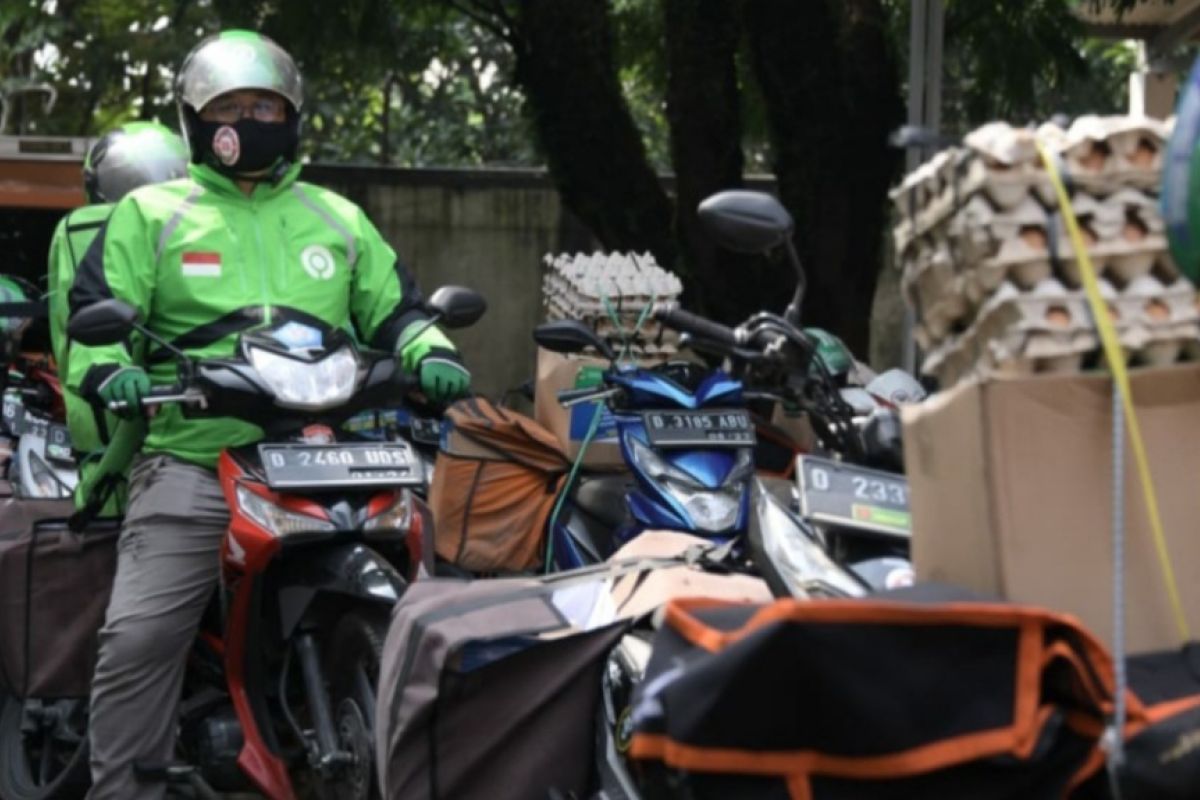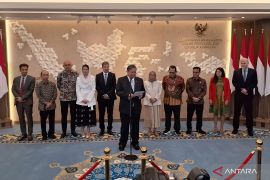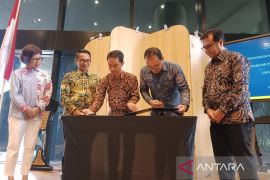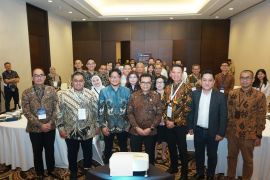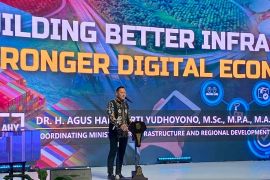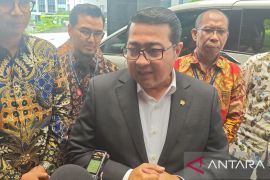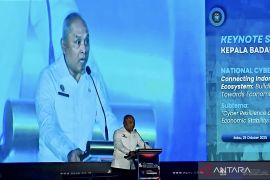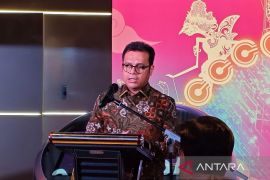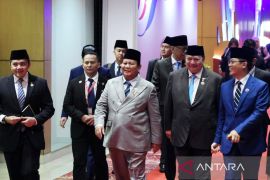The development of technology and the impetus for change after the pandemic is a good momentum for us to accelerate our digital transformation towards a less contact economyJakarta (ANTARA) - COVID-19 pandemic becomes momentum to accelerate digital transformation towards a less contact economy, Deputy for Coordination of Creative Economy, Entrepreneurship, and Competitiveness of Cooperatives and SMEs of Coordinating Economic Affairs Ministry M. Rudy Salahuddin stated.
"The development of technology and the impetus for change after the pandemic is a good momentum for us to accelerate our digital transformation towards a less contact economy," he stated at the virtual Indonesia Digital Conference event in Jakarta on Tuesday.
Salahuddin expounded that the potential for less contact economy after the pandemic began to appear, specifically through the changes in community activities, such as online shopping for various needs, both tertiary and primary, to the use of telemedicine, e-learning, and virtual meetings.
"This condition is reflected in changes in the consumption behavior of people, who previously used conventional methods, but had now begun switching to using digital technologies," he stated.
Salahuddin explained that the impact of technology on trade is also mirrored in e-commerce transactions, which show a less contact economy, specifically the product demand rising five to 10 folds, thereby helping to boost the national economy.
Furthermore, based on research results from Google, Temasek, and Bain & Company, this year, Indonesia has become the country with the highest digital economic transaction value in Southeast Asia, amounting to US$44 billion.
Furthermore, studies from Google, Temasek, and Bain & Company also project Indonesia's digital economy transactions in 2025 to be valued at US$124 billion.
"In this case, it is supported by the contribution of Indonesian e-commerce, which can reach US$32 billion this year and is estimated to reach US$83 billion in 2025," he expounded.
According to Salahuddin, the digital potential of Indonesia's economy is still wide open since it has the fourth-largest population in the world, with 338 million cellphone users, or 124 percent of the total national population.
"This is what is an opportunity we should be grateful for," he remarked.
In addition, Rudy remarked that in the wake of the pandemic, the internet penetration rate this year had also improved and increased to reach nearly 200 million people.
"Hence, this internet traffic also increased by 15 to 20 percent from the previous one," he pointed out.
Studies from Google, Temasek, and Bain & Company also indicated that during the pandemic, the number of new consumers capitalizing on the digital economy increased by 37 percent, and 93 percent of them confirmed that they will continue to use digital economy products, although the pandemic had ended.
Rudy emphasized that various research results must be dealt with by continuing to develop the digital economy ecosystem to be better and more comfortable, so that people are happier in transacting digitally.
"Hence, we must encourage this aspect of utilization," he added.
Related news: Unlocking Indonesia's digital economy potential
Related news: Indonesia asks APEC to ensure global market access for MSMEs Close
EDITED BY INE
Translator: Astrid Habibah, Azis Kurmala
Editor: Fardah Assegaf
Copyright © ANTARA 2020
